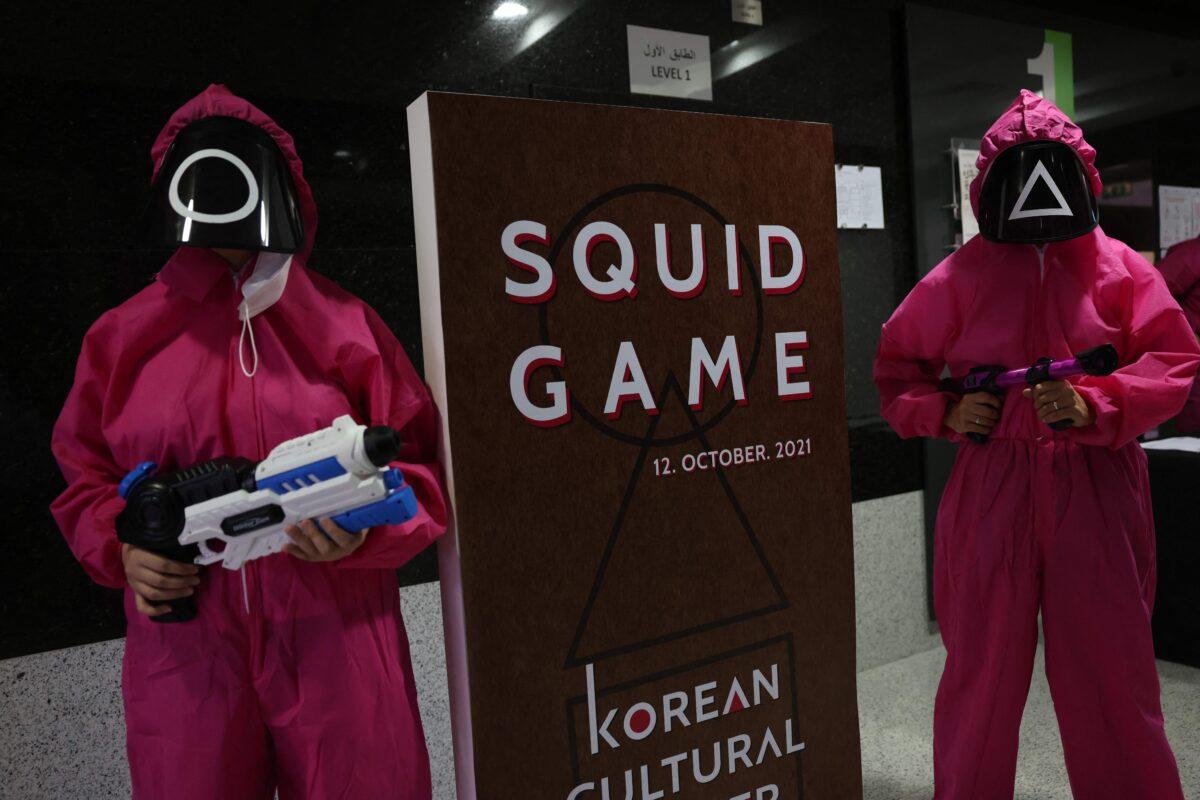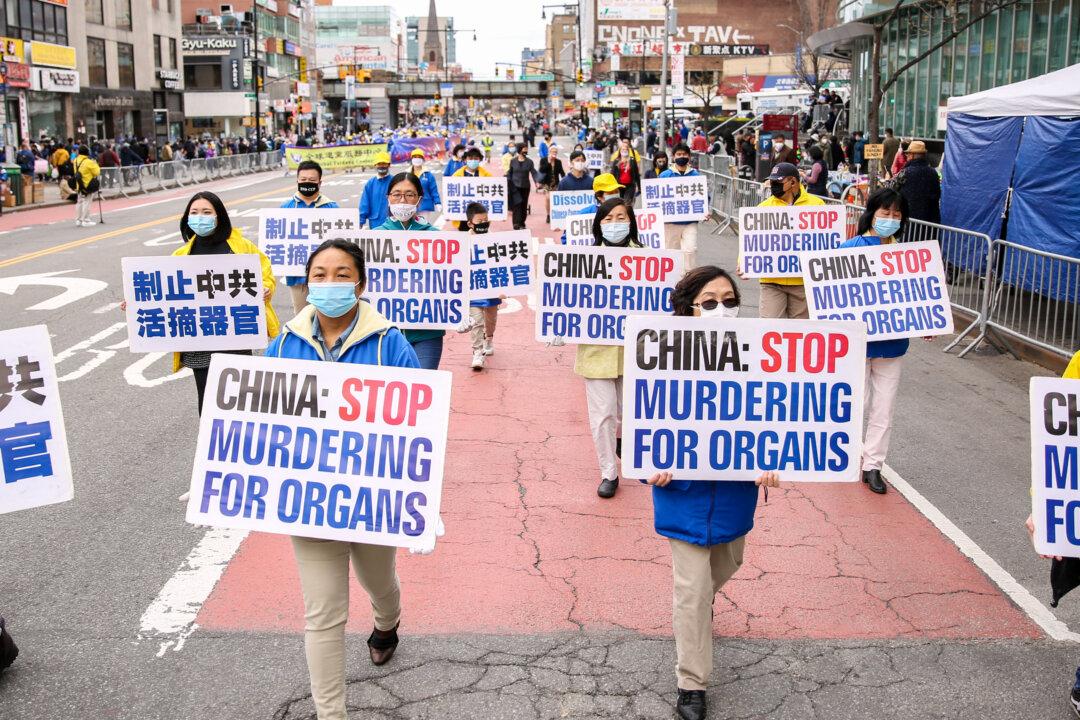The scene begins with a bloodied man being lifted out of a box and placed on an operating table. Without checking his vital signs, a surgeon promptly slashes open the body and exposes the internal organs. “Grab it!” A voice commands. Then a kidney is yanked from the abdomen, placed in a fluid-filled bag, and sent on its way to be sold on the black market.
This gruesome scene is from season one, episode five of Netflix’s global hit series, “Squid Game,” a six-part fictional contest that takes place in Korea.
In the show, recruiters seek out 456 contestants and invite them to compete for a winner takes all prize of $38 million. Specifically sought are contestants who are struggling financially, deeply in debt to loan sharks, or simply down on their luck and feel they have nothing left to lose.
After the first game begins the unsuspecting contestants are shocked to learn that losers pay with their lives. During the game, armed and masked monitors shoot to kill any contestant that makes a mistake or fails to reach the end of the play. At which point, the dead and dying are carted away in wooden boxes and cremated. The boxes of those with salvageable organs are marked with a red dot and swiftly sent to the operating room.
The Squid Game is not Korea’s first or only project that focuses on forced organ harvesting. Korea released a movie titled “Traffickers” in 2012. The movie was based on the real-life experience of a Korean woman who had her organ harvested for profit by Korean triad organizations in collaboration with Chinese customs, hospitals, and police departments. TV North Korea also filmed a documentary titled “Kill to Live” in 2017.
According to the documentary, Koreans have been going to China for transplants since 2000, and that over 2,000 Koreans make the trek every year. According to the same documentary, 32,000 Koreans as of 2017 were waiting for vital organ transplants and many would be willing to pay huge sums of money.

“In order to get an accurate number of Koreans who received transplants in China, we are moving forward to seek cooperation with the government and plan to release the results to the international community as soon as they are available,” Lee said.
The statement said credible information indicates the victims are being subjected to blood tests and organ examinations without their consent. Testing results are being registered in a database of living organ sources for the purpose of future organ allocation. Involved in the systematic organ harvesting were Chinese medical personnel, including surgeons, anesthesiologists, and public sector professionals.





